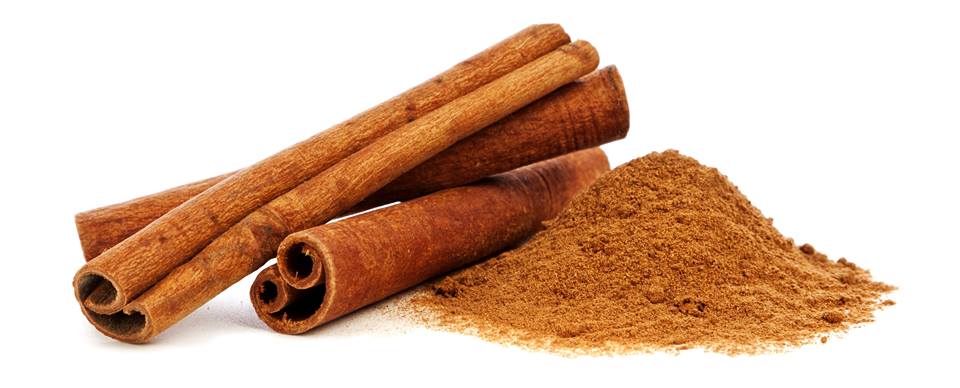Cinnamon, a commonly used spice in Indian cuisine, may help fight obesity by improving metabolism and inducing fat cells to burn, a study claims. Scientists had previously observed that cinnamaldehyde, an essential oil that gives cinnamon its flavour, appeared to protect mice against obesity and hyperglycemia or abnormally high blood glucose level.However, the mechanisms underlying the effect were not well understood.
Researchers at the University of Michigan in the US wanted to better understand cinnamaldehyde’s action and determine whether it might be protective in humans too. “Scientists were finding that this compound affected metabolism. So we wanted to figure out how – what pathway might be involved, what it looked like in mice and what it looked like in human cells,” said Jun Wu, research assistant professor at Michigan.
The findings, which appear in the journal Metabolism, indicated that cinnamaldehyde improves metabolic health by acting directly on fat cells, or adipocytes, inducing them to start burning energy through a process called thermogenesis. Wu and her colleagues tested human adipocytes from volunteers representing a range of ages, ethnicities and body mass indices.
When the cells were treated with cinnamaldehyde, the researchers noticed increased expression of several genes and enzymes that enhance lipid metabolism. They also observed an increase in Ucp1 and Fgf21, which are important metabolic regulatory proteins involved in thermogenesis.
Adipocytes normally store energy in the form of lipids. This long-term storage was beneficial to our distant ancestors, who had much less access to high-fat foods and thus a much greater need to store fat.
That fat could then be used by the body in times of scarcity or in cold temperatures, which induce adipocytes to convert stored energy into heat.
With the rising obesity epidemic, researchers have been looking for ways to prompt fat cells to activate thermogenesis, turning those fat-burning processes back on. Wu believes that cinnamaldehyde may offer one such activation method.
Since it is already used widely in the food industry, it might be easier to convince patients to stick to a cinnamon- based treatment than to a traditional drug regimen.“Cinnamon has been part of our diets for thousands of years, and people generally enjoy it,” Wu said.
“So if it can help protect against obesity, too, it may offer an approach to metabolic health that is easier for patients to adhere to,” said Wu.
Advertisement
